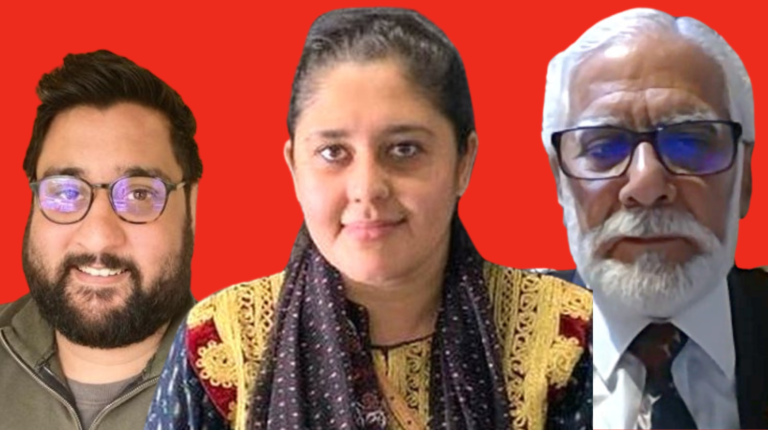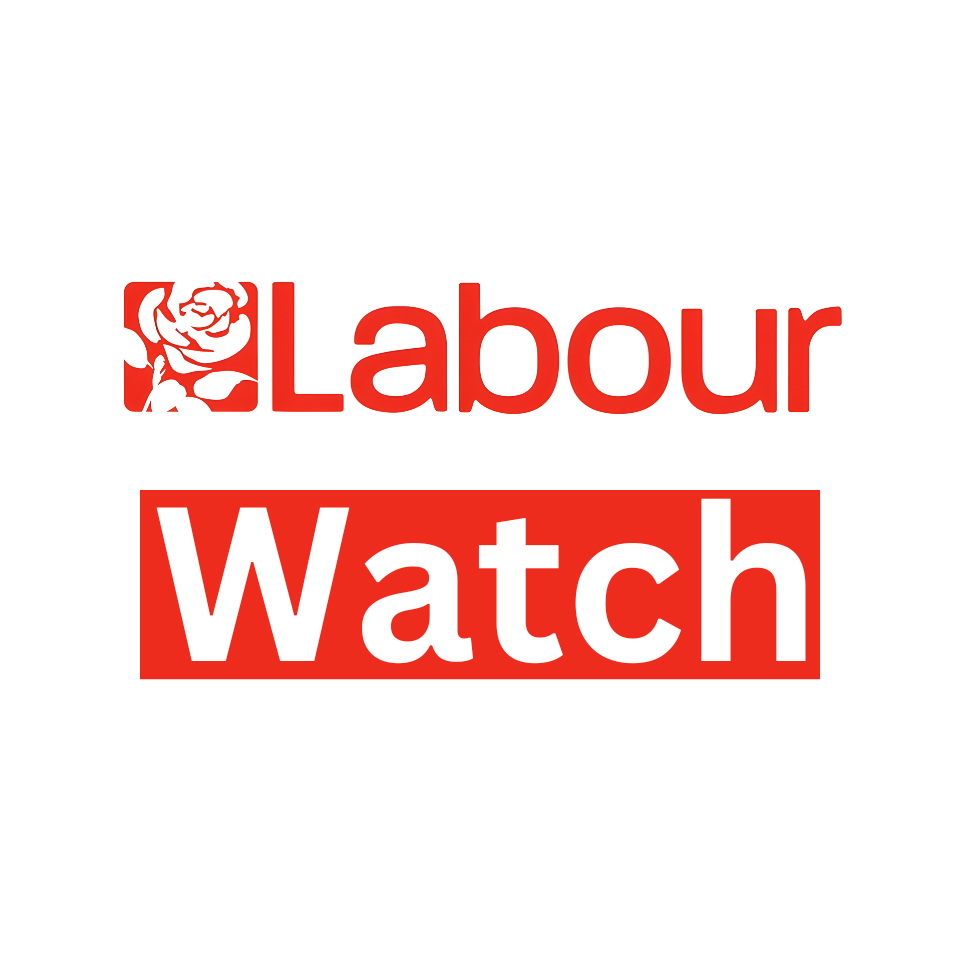Harrow is home to a vibrant and diverse Muslim community, with over 350 Muslims contributing to the social and cultural fabric of the area. However, there is growing discontent among many community members who feel that their voices are not being adequately represented by their elected officials. Specifically, concerns have been raised about Labour Muslim councillors such as Peymana Assad, Ghazanfar Ali, Asif Hussein, and Shahania Chawdury. Despite their prominent positions, many believe these councillors have failed to address the needs and concerns of the local Muslim population, showing up primarily during election times to solicit votes. This article will explore the perceived hypocrisy of these councillors and the disconnect between them and their constituents.
Peymana Assad: Promises Unfulfilled
Peymana Assad has been a recognizable face in Harrow’s political landscape. Her campaign promises often resonate with the community’s desires for better representation and support. However, many feel that these promises are largely forgotten once the election is over. Community members frequently cite a lack of follow-up on key issues affecting the Muslim community, such as affordable housing, educational opportunities, and community safety. Despite her assurances, there seems to be a significant gap between her election-time rhetoric and her actions in office.
Ghazanfar Ali: A Familiar Pattern
Ghazanfar Ali is another Labour councillor whose actions have come under scrutiny. Similar to Assad, Ali is often seen during campaign periods, engaging with the Muslim community and seeking their support. However, once elected, there appears to be a stark decrease in his visibility and responsiveness. Many constituents have expressed frustration over the difficulty in reaching out to Ali with their concerns. Issues such as local business support and anti-discrimination measures, which are crucial to the community, often remain unaddressed.
Asif Hussein: The Invisible Representative
Asif Hussein’s tenure as a councillor has been marked by criticism for his apparent lack of engagement with the community. Constituents report that he is rarely available for consultations or community meetings, making it challenging to communicate their needs and expectations. This sense of detachment has led to a growing sentiment that Hussein is out of touch with the realities faced by his Muslim constituents. His promises of fostering inclusivity and advocating for the community often ring hollow in the absence of tangible actions.
Shahania Chawdury: Election Time Appearances
Shahania Chawdury’s political career seems to follow the same troubling trend. During elections, Chawdury is a vocal advocate for the Muslim community, emphasizing her commitment to their welfare. However, outside of the election cycle, her presence diminishes significantly. Community members often feel neglected, with critical issues such as healthcare access and social services improvement taking a backseat. Chawdury’s inconsistent engagement raises questions about her dedication to genuinely representing her constituents’ interests.
The Call for Genuine Representation
The recurring theme of election-time engagement followed by periods of inactivity highlights a significant issue within Harrow’s political representation. The Muslim community feels underserved and underrepresented by councillors who appear to prioritize their political careers over genuine service. There is a growing call for these councillors to step up and fulfill their duties beyond just seeking votes. The community needs representatives who are consistently present, responsive, and committed to addressing their concerns throughout their term.
Conclusion
The frustration within Harrow’s Muslim community is palpable. Councillors Peymana Assad, Ghazanfar Ali, Asif Hussein, and Shahania Chawdury have been criticized for their perceived hypocrisy and lack of consistent representation. As election time approaches, it is crucial for these councillors to reflect on their roles and the expectations of their constituents. The community deserves leaders who are genuinely committed to their well-being, not just during elections but throughout their entire term in office. It is time for a change in approach, one that prioritizes continuous engagement and sincere advocacy for the people they are elected to serve.



